Sharon Tsang-de Lyster’s project allows refugees in Hong Kong to make their stories public through murals.
Max was my first refugee friend when I was a teenager in the UK. He had met some of my friends, Zeb and Theo, in a park in Manchester. He was 15, spoke simple English but excellent football. He was smart, passionate, and determined. It took a few months for me to realise beneath the charming smile and skilful footwork were layers of horrific memories from West Africa, and beneath all that was this unbelievable power of forgiveness and hope. He went on to become Zeb and Theo’s adopted brother, playing for a local football club, and opening an outdoor fitness training centre. His talent has always been out there in public, only seen when there was an audience.
The rising number of displaced people in the world has amounted to an estimated 114 million as of October 2023. Across countries and neighbourhoods, refugees and asylum seekers are encountering walls of barriers to accessing welfare services, employment and social connections. Refugees have dramatic life encounters, having fled their homes to a new society, often bringing them traumatising experiences. They have limited platforms to express themselves, and most of the public remains unaware of their existence and stories. Yet, it only takes a moment of curiosity and trust to discover shared interests and perhaps a new friendship, like Max with Zeb and Theo.
For World Refugee Day 2023, I partnered with UNHCR-Hong Kong to produce the first City Canvas project which showcased stories of refugee individuals and their rich cultures in collaboration with local mural artists. Rather than building walls, we want to present them on walls across the city. The project essentially paired refugee individuals and artists in the city to share about each other’s cultures and passions, from in-depth conversations over a meal to cooking a traditional dish together to introducing heritage design patterns or a language lesson. Everyone involved learned something new and gained a more profound respect for each other’s experiences and cultures.
- Taka, Ndi, 2023, Paint on metal hoarding, photo: Sharon Tsang-de Lyster
- Taka working on City Canvas, 2023, photo: Sharon Tsang-de Lyster
- Taka working on City Canvas, 2023, photo: Sharon Tsang-de Lyster
Artist Taka and I met up with a refugee woman, Joy*, from Rwanda whose family business was entangled with political opposition. Our conversation quickly surveyed the proud culture of Rwanda: the sacred cow, the traditional dance, the jewellery, the imigongo patterns, the language, and the food. There are quite a few Rwandans in Hong Kong, but they often blend into the wider African community when presented in arts and cultural performances. Bringing in more research, Taka crafted a complex and finely-rendered mural to thoughtfully fill a hoarding surface along a scope at a busy road. He explains the concepts worked into the creation: An abstract human face to represent the metaphor for life (and survival), the Kigali Skylines including the landmarks Kigali City Tower and Kigali Convention Center, the cassava plant pattern to represent Rwanda’s name as “Land of a thousand hills”, the sun in the national flag and rose as the national flower, the iconic Imigongo patterns, cow horns, and the connecting lines around all these depicting the helping and caring culture described by Joy.
Painted on the facade of the Vine Church is “Table” by Erin Hung, which reflected on her experience with Basem*, who causally made a profound comment, “We are all humankind”. Having been a targeted journalist, Basem endured death threats and attacks in Egypt and eventually fled to Hong Kong a decade ago. Erin recalls, “Basem suggested that we meet over curry at Chungking Mansions and took us to a place he frequented called ‘Moti Palace’, where the wait staff knew his preferences and diet. In this setting, I saw the heaviness of our topic of conversation lift as we eased into the comfort of food and a setting of safety. In speaking with Basem, one thing that jumped out at me was his appreciation of food and how he seemed to light up when he talked about cooking and the sharing of food. We spent a good amount of time learning about Egyptian cuisine and what he considered a taste of home. This inspired me to consider how different cuisines are parallel to how we perceive people of other nations. It can sometimes feel threatening (like how I expressed that I didn’t like my food too spicy) and requires an open mind to try and take a taste. It can feel similar when we hear a story of trauma and suffering from another that threatens our status quo of comfort. Are we willing to take a bite and see it from the other’s point of view? In further exploring this analogy, I named it the “Table illustration” because we gather around it for food, but we also invite others to our table. Having a seat at the table means being an equal, having our voices heard and our personhood deeply known beyond labels.”
- Bo Law, Untitled, 2023, Paint on canvas, photo: UNHCR Hong Kong
- Bo Law working on City Canvas, 2023, photo: Bo Law
- Bo Law working on City Canvas, 2023, photo: Bo Law
Davido* is a refugee who enthusiastically supported the project. Over a coffee, illustrator Bo Law and I had a chance to hear the details of his experience before and after displacement, and the physical and psychological challenges when facing persecution and isolation. Yet, he is among the most social people I have ever known. To honour this honest exchange and new friendship, Bo worked it into his signature whale figure and created an incredibly dynamic painting currently on display at the Eaton Hotel in Hong Kong.
In Bo’s words, “When we encounter something new, we can first observe what is unique about it and what information it provides to understand its essence. We accumulate experiences bit by bit, like puzzle pieces slowly forming a shape, creating a unique impression of that thing in our minds. This is my understanding of the process of building relationships. Davido faced discrimination and unfair treatment in his life, community, and country due to his homosexuality since childhood, which prevented him from having the opportunity to establish relationships and made him a stateless refugee. Life is about relationships and experiencing them intimately with others and ideas. Due to his sexual preference, Davido was isolated and forbidden from forming relationships with people and things since childhood. When there are no relationships with others and things, life loses its meaning, as if one does not exist in the world. In just a few hours of conversation, Davido’s optimistic, colourful vitality left a strong impression on me. I was surprised that he did not idealise life or avoid forming relationships but simply yearned for basic respect and the opportunity to build relationships. In reality, he is just like you and me, an optimistic, positive, normal person. This piece is the image of Davido in my mind after building a relationship with him—my Davido. Through this experience, I hope that one day he will no longer feel like a caged bird, but instead soar freely in the complex world as Davido.”
Other participating artists include Francesco Lietti and Tony Cheung who learned to cook a dish with a refugee, and Kristopher Ho who represented the refugee-formed United Asian Cricket Club. Beyond the physical mural outcomes, the making process of City Canvas held significant new human connections with genuine emotions and dreams on behalf of an otherwise stranger.
Through these paintings on walls, some refugees are made visible. I hope that they are windows to deeper curiosity and appreciation of the many cultures and experiences represented across the refugee community in the city of Hong Kong.
Learn more about the project at www.unhcr.org/hk/en/city-canvas-project
*To protect the personal privacy of the refugee, pseudonyms are used.
About Sharon Tsang-de Lyster
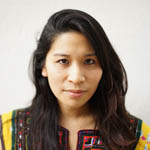 I’m an independent researcher for design and craft practices in developmental contexts and the founder of studio Narrative Made and digital platform The Textile Atlas. Partnering with grassroots artisan communities, brands and non-profits, I plan, organise and direct effective cultural design programs that encourage quality production, ethical sourcing and respectful storytelling. Current projects include working with the Kharnak youths in Ladakh, India, through my new organisation, Craft Frontiers Foundation. Visit www.sharontdl.com/ and follow @narrative.made
I’m an independent researcher for design and craft practices in developmental contexts and the founder of studio Narrative Made and digital platform The Textile Atlas. Partnering with grassroots artisan communities, brands and non-profits, I plan, organise and direct effective cultural design programs that encourage quality production, ethical sourcing and respectful storytelling. Current projects include working with the Kharnak youths in Ladakh, India, through my new organisation, Craft Frontiers Foundation. Visit www.sharontdl.com/ and follow @narrative.made

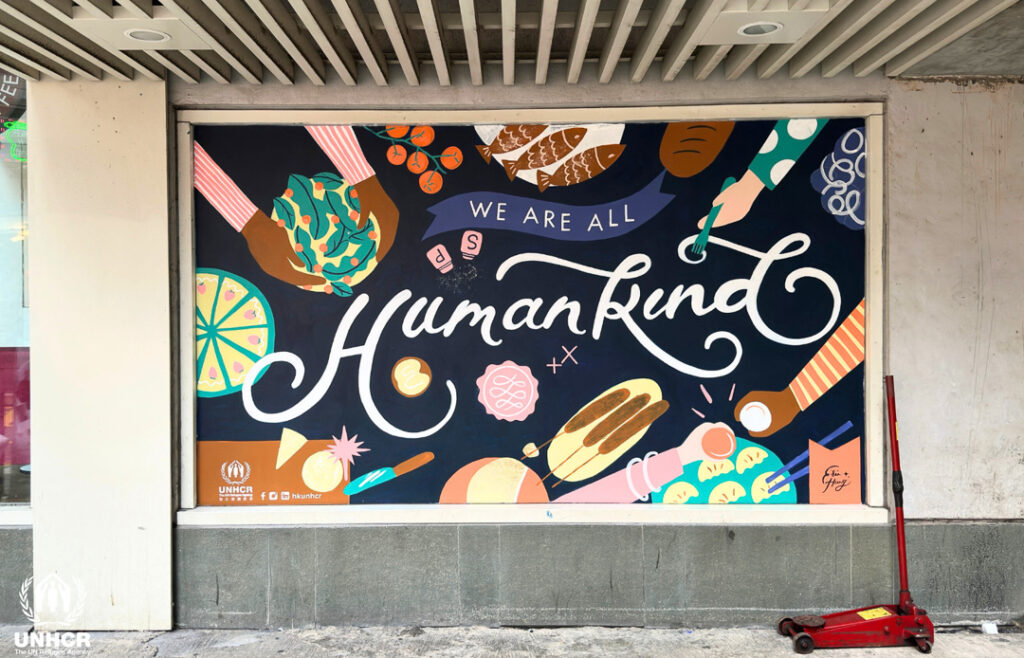
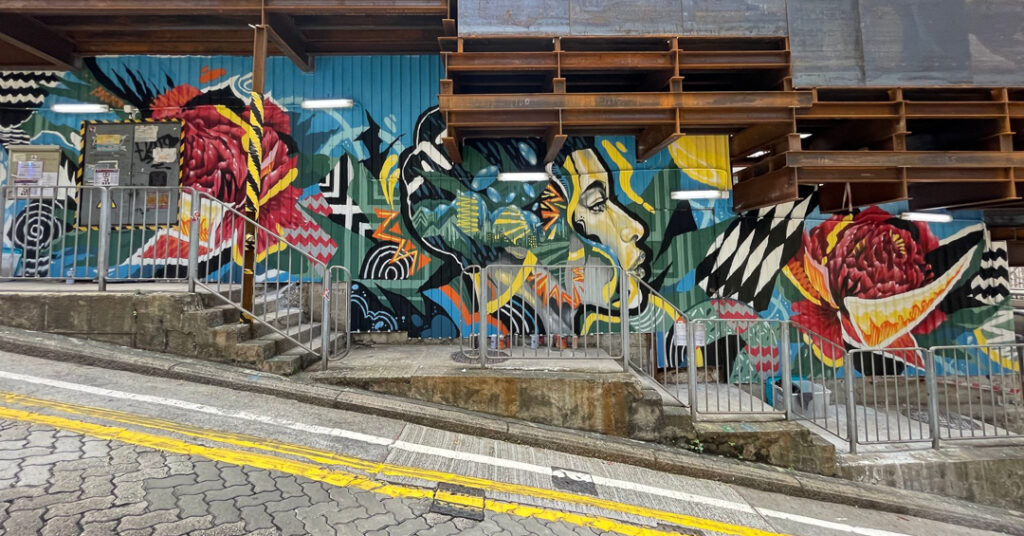

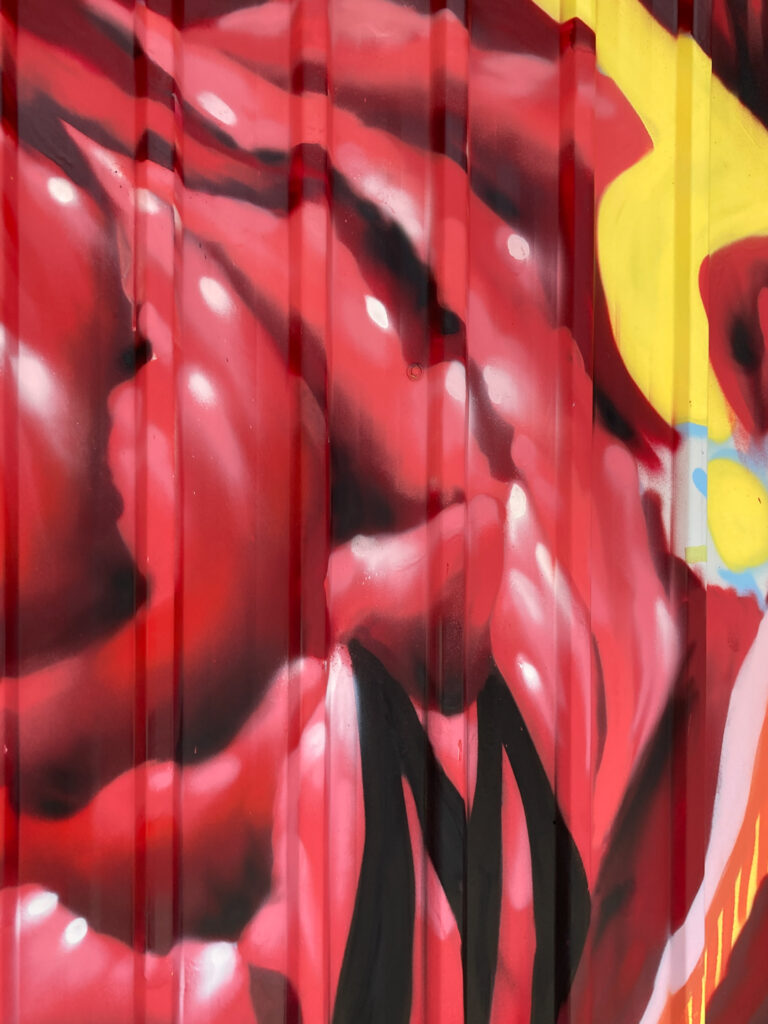
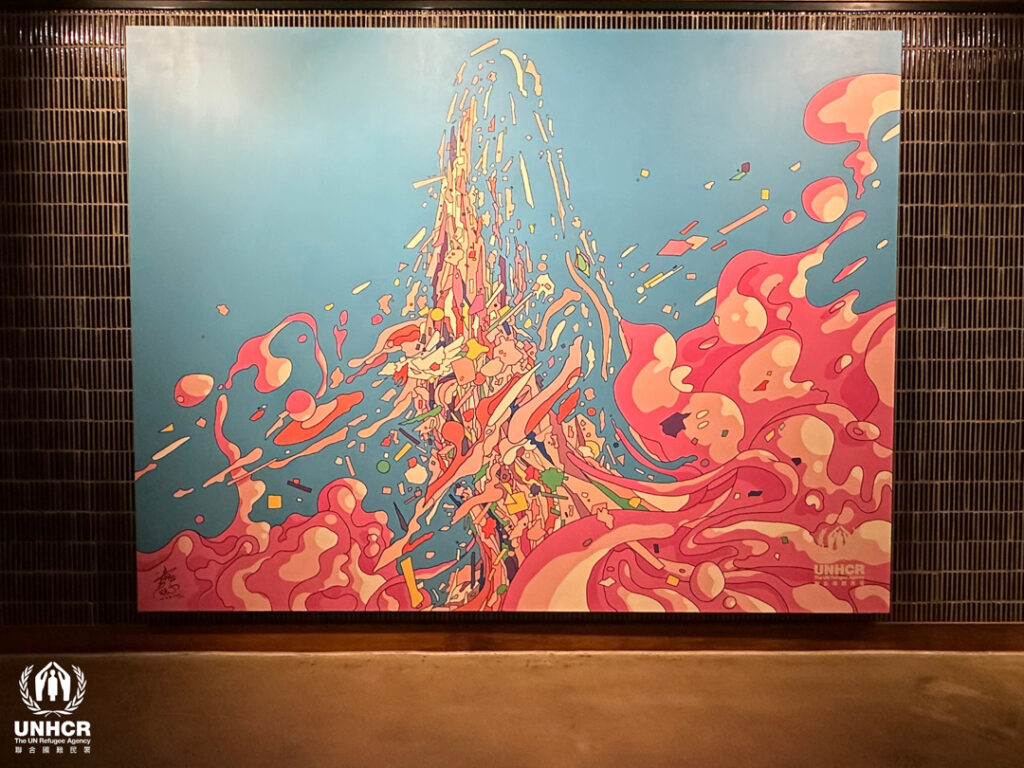
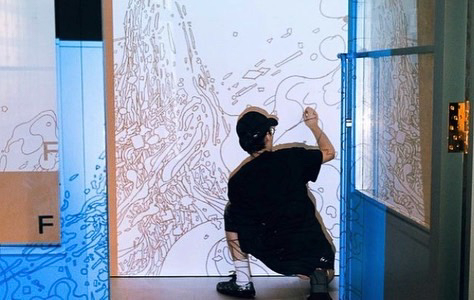
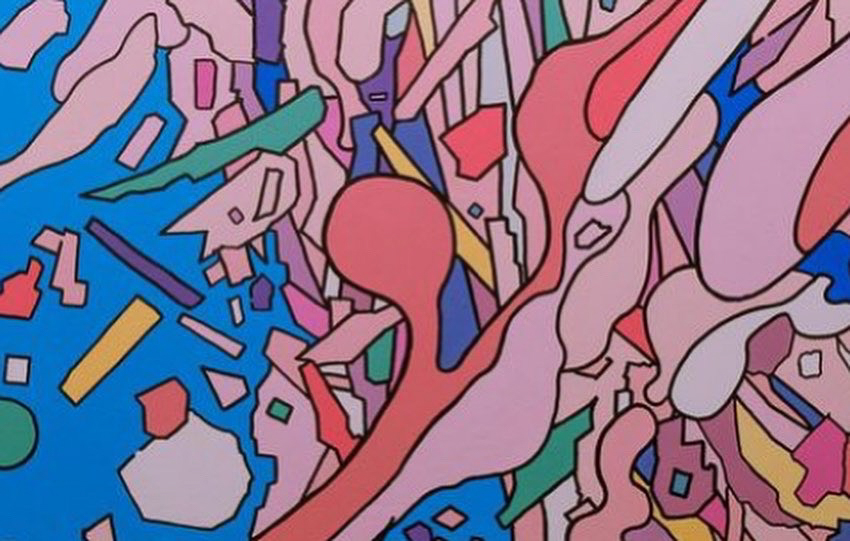

Comments
0msu7p